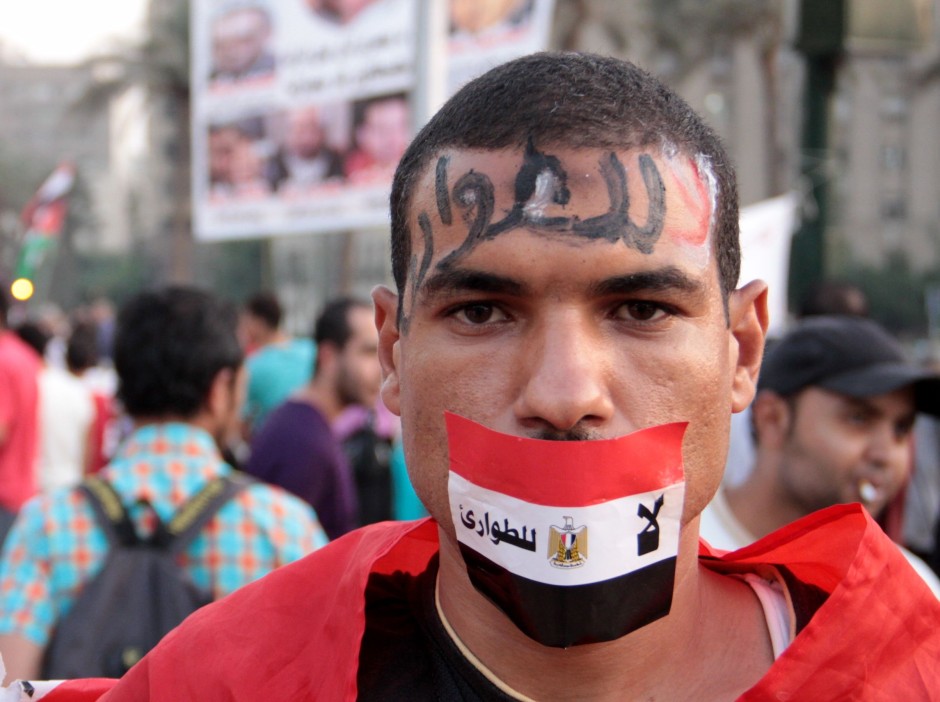The Human Rights Watch Film Festival, an annual fixture of the Toronto International Film Festival, opens at the TIFF Lightbox on Feb. 27 with The Square and closes on March 6 with Highway of Tears.
In all, eight movies will be screened.
Jehane Noujaim’s The Square, which is available on Netflix, charts the zig-zag course of the Arab Spring revolution in Egypt since the fall of its long-serving president, Hosni Mubarak, who remains under house arrest.
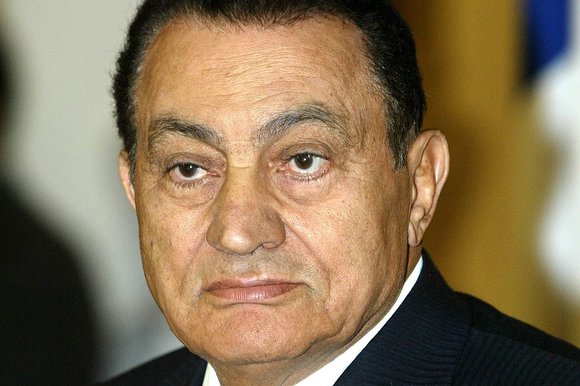
Her strong documentary abounds with hope, exhilaration, disillusionment and despair, in line with the abrupt political developments that have convulsed Egypt for the past three years.
As the film begins, Egyptians from all sectors of society converge on Tahrir Square, in central Cairo, to demand Mubarak’s resignation. The people are fed up with the injustice, the oppression, the corruption, the poverty and the emergency laws of his authoritarian regime.
In a desperate attempt to cling to power, Mubarak addresses the nation. “I speak to you as sons and daughters,” he declares. But it is too late. The people want change. Now. They chant, “Bread, freedom and social justice.”
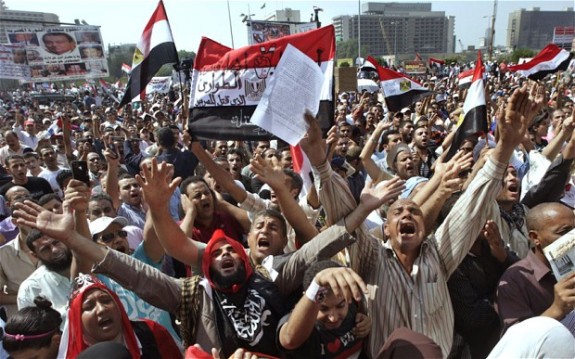
The army generals, who have been in charge of Egyptian affairs since the 1952 revolution, sacrifice Mubarak, one of their own, to preserve their privileges. He steps down in February 2011 and his defence minister takes over. “We reclaimed our freedom,” a man shouts, confident that Mubarak’s demise will usher in a new era of real democracy.
Amid the euphoria, a general says the army will not fire “a single shot” in anger at the people.
Famous last words.
As the months pass, Egyptians begin to realize that little has actually changed, since Mubarak’s regime remains basically intact under another guise. “We still have a police state,” a man laments. He’s right, of course. Jeffersonian democracy is not around the corner. Soldiers clear Tahrir Square, beating demonstrators who refuse to leave.
By the autumn of 2011, with the army having cracked down hard on protesters demanding genuine change, disillusionment has set in. “The army has betrayed the revolution,” a man shouts. “The army should step aside.”
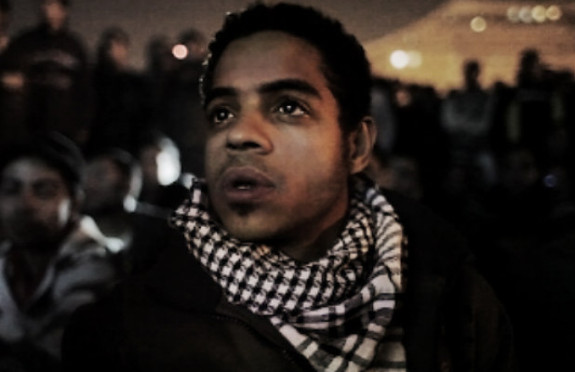
The Square documents these events in dispassionate fashion, but Noujaim’s sympathies are clear. She supports a revolution by the people, for the people, to paraphrase Abraham Lincoln.
As the film proceeds, she charts the rise of the Muslim Brotherhood, a banned organization during the Mubarak years. In quick succession, the Muslim Brotherhood wins the parliamentary election and then, by a razor-thin margin, the presidential election.
Mohammed Morsi becomes the first freely elected president in modern Egyptian history, but he stumbles badly. Morsi alienates many Egyptians by adopting a series of unpopular positions. Speaking for legions of Egyptians, a devout woman says, “We want a decent person to rule Egypt. I don’t care if he’s a Jew.”
On June 30, 2013, mass demonstrations call for Morsi’s removal from office. Gen. Abdel Fatah el-Sisi, whom Morsi appointed defence minister, removes him in a coup on July 3.
The Square ends before the mass shootings by the army that claim the lives of almost 1,000 Egyptians. By then, Noujaim has made her point. The revolution has been hijacked, as more recent events confirm.
We are, in a sense, back to square one.
In addition to The Square, the festival will show Saving Face, an award-winning documentary about one of Pakistan’s most persistent and disgraceful social problems: acid attacks on women. More than 100 such assaults take place every year, and many more are not even reported.
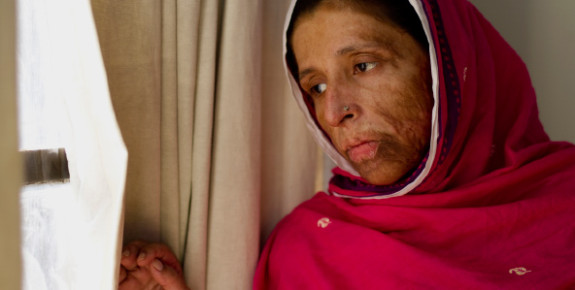
This disturbing film profiles women who’ve been attacked by their husbands and a British surgeon of Pakistani origin who has helped reconstruct their disfigured faces.
In addition to Saving Face, the festival is presenting Highway of Tears, which chronicles the murders and disappearances of native women along highway 16 in British Columbia; In the Shadow of the Sun, which tells the story of two Tanzanian men afflicted with albinism; The Missing Picture, which recounts the suffering of a Cambodian family at the hands of the Khmer Rouge; Bethlehem, an Israeli film about a Palestinian informer in the West Bank, and Valentine Road, a portrait of homophobia and sexism in America.
